Why Archaeologists Are Afraid To Open The Tomb Of China’s First Emperor
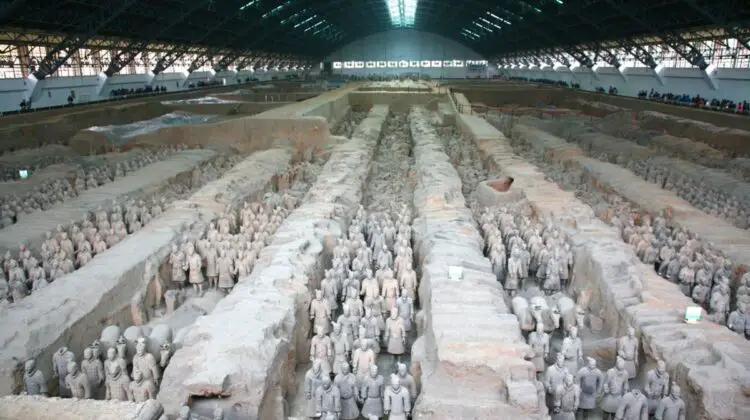
Opening the tomb of Qin Shi Huang, the first emperor of China, is fraught with concerns ranging from booby traps to potential mercury poisoning. Located in the Shaanxi province, this tomb remains one of the most significant archaeological sites ever discovered.
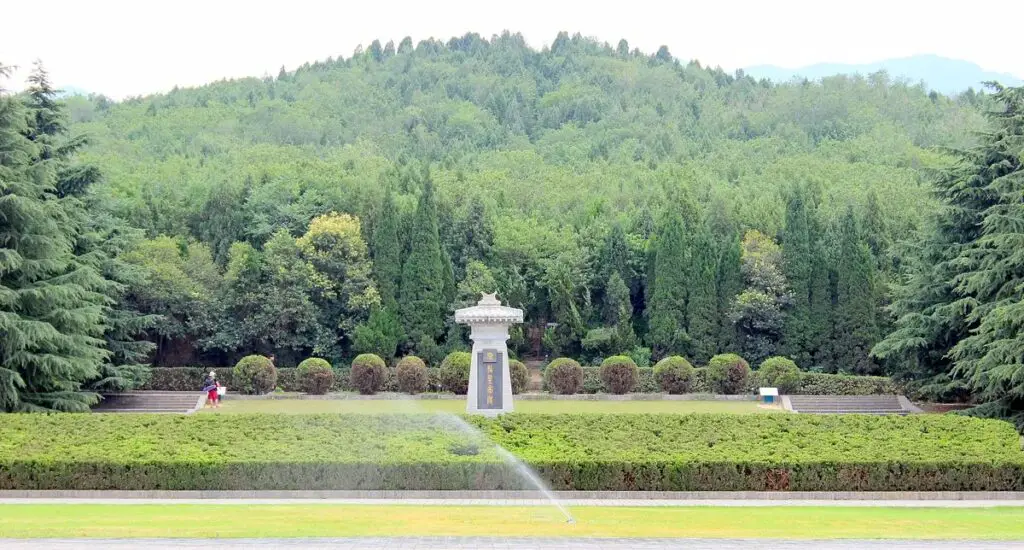
In 1974, local farmers stumbled upon fragments of a clay figure while digging in a seemingly ordinary field. This discovery led to the revelation of an extensive underground necropolis filled with thousands of life-size terracotta soldiers, horses, acrobats, and other artifacts dating back to 221-210 BCE, during the reign of Qin Shi Huang.
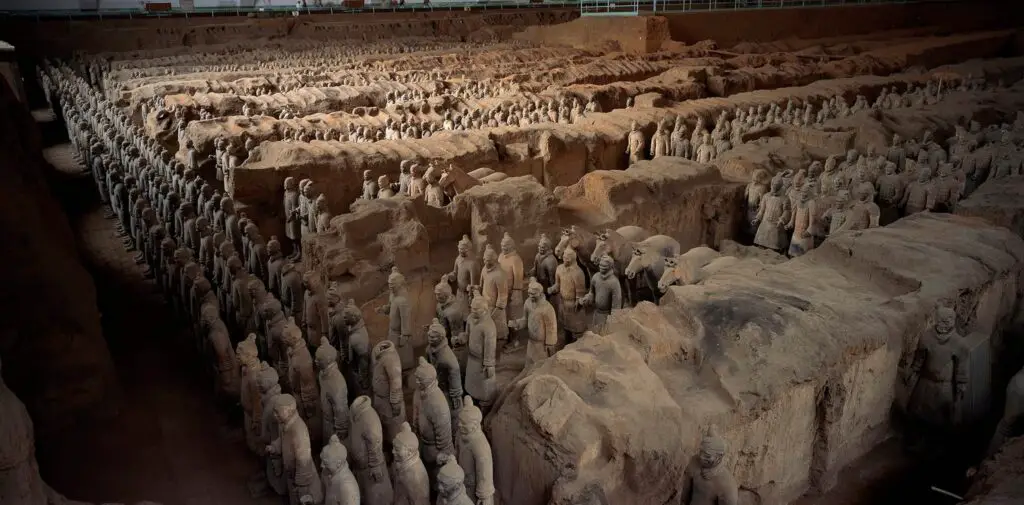
The Terracotta Army’s purpose was evidently to safeguard the emperor’s nearby mausoleum, which remains largely unexplored to this day. Despite numerous investigations into the surrounding necropolis, archaeologists have hesitated to open the main tomb due to fears of irreversible damage and the loss of invaluable historical clues, similar to the haste that marred Heinrich Schliemann’s excavation of Troy in the 1870s.
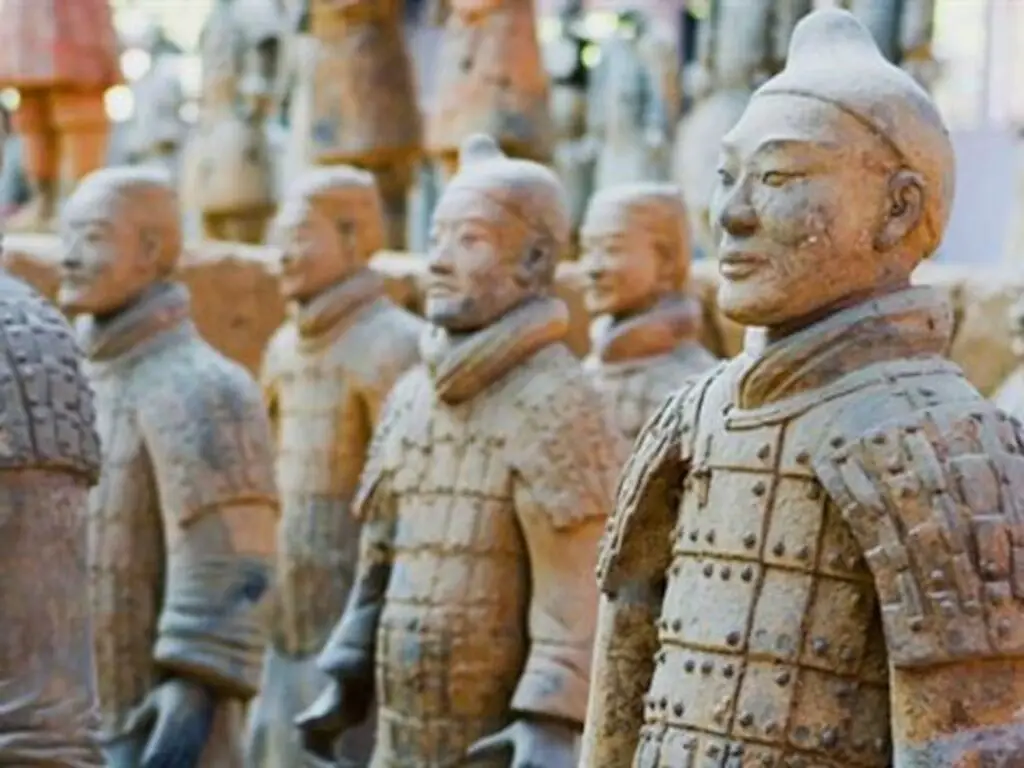
Alternative, non-invasive techniques like muon scanning have been proposed to peer into the tomb without disturbing its contents. However, progress on such methods has been slow, leaving the tomb shrouded in mystery for over 2,200 years.
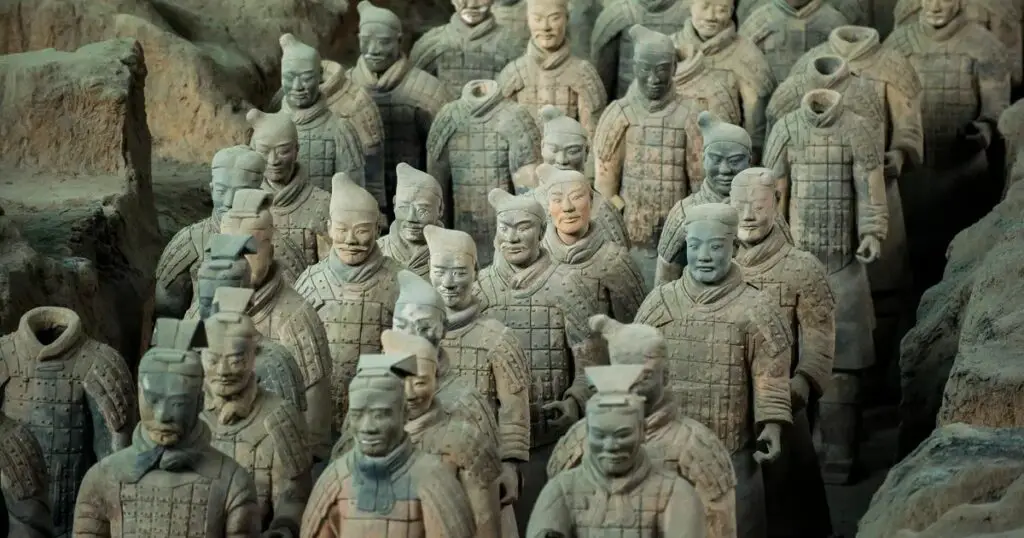
Ancient accounts, including those by historian Sima Qian, suggest that Qin Shi Huang’s tomb is equipped with deadly traps intended to thwart intruders. Craftsmen reportedly rigged the tomb with crossbows and arrows ready to strike, alongside a mechanism simulating rivers using liquid mercury. Recent studies have detected unusually high mercury levels around the tomb, supporting these ancient claims and highlighting the potential dangers of disturbing the site.
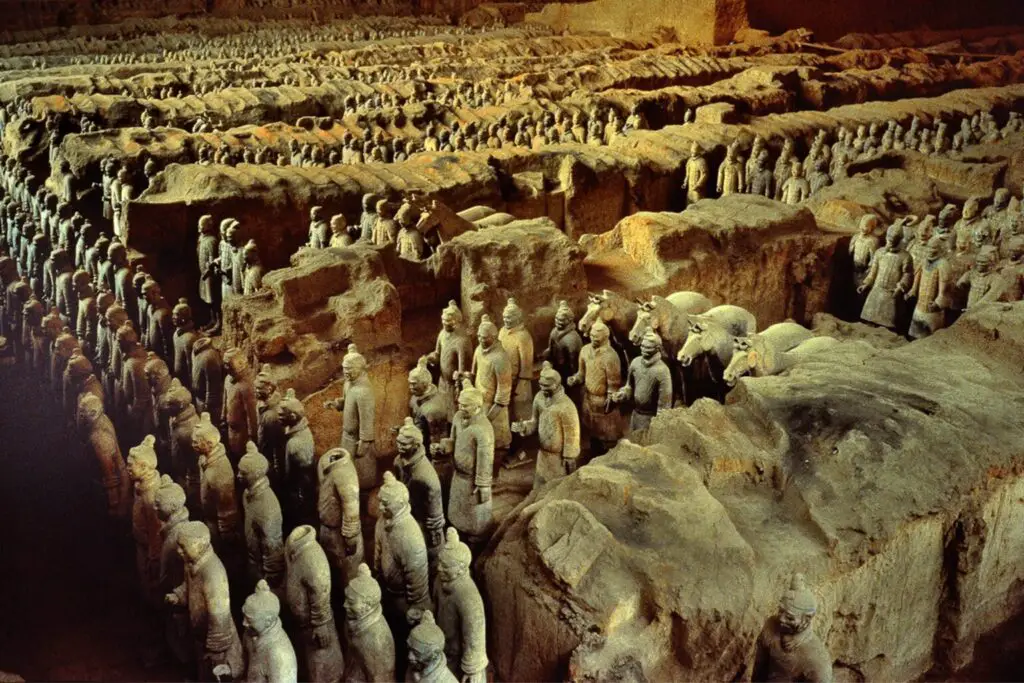
While Qin Shi Huang’s tomb remains sealed and protected, ongoing scientific advancements may one day unlock its secrets. Until then, the tomb stands as a testament to ancient engineering and the enduring allure of historical enigmas.
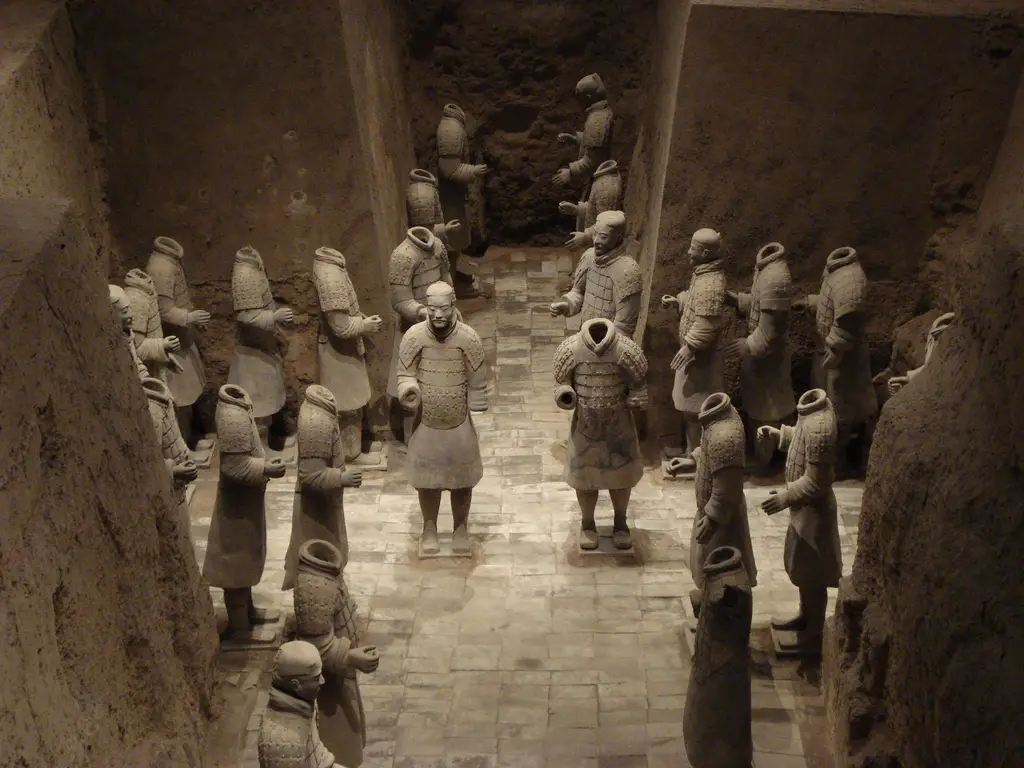
SEO Keywords: Qin Shi Huang tomb, Terracotta Army, Chinese history, ancient Chinese tombs, archaeological discoveries China





